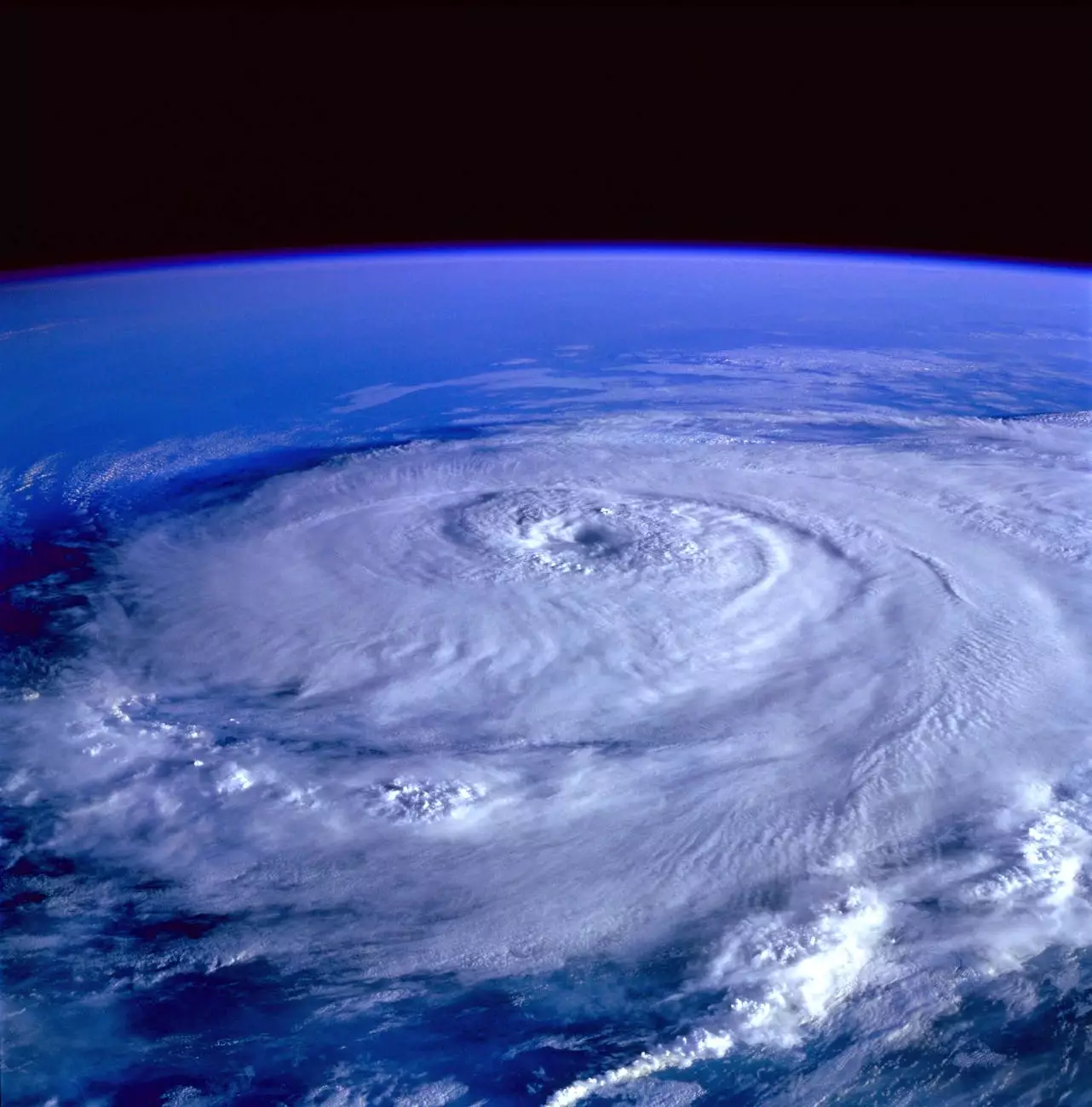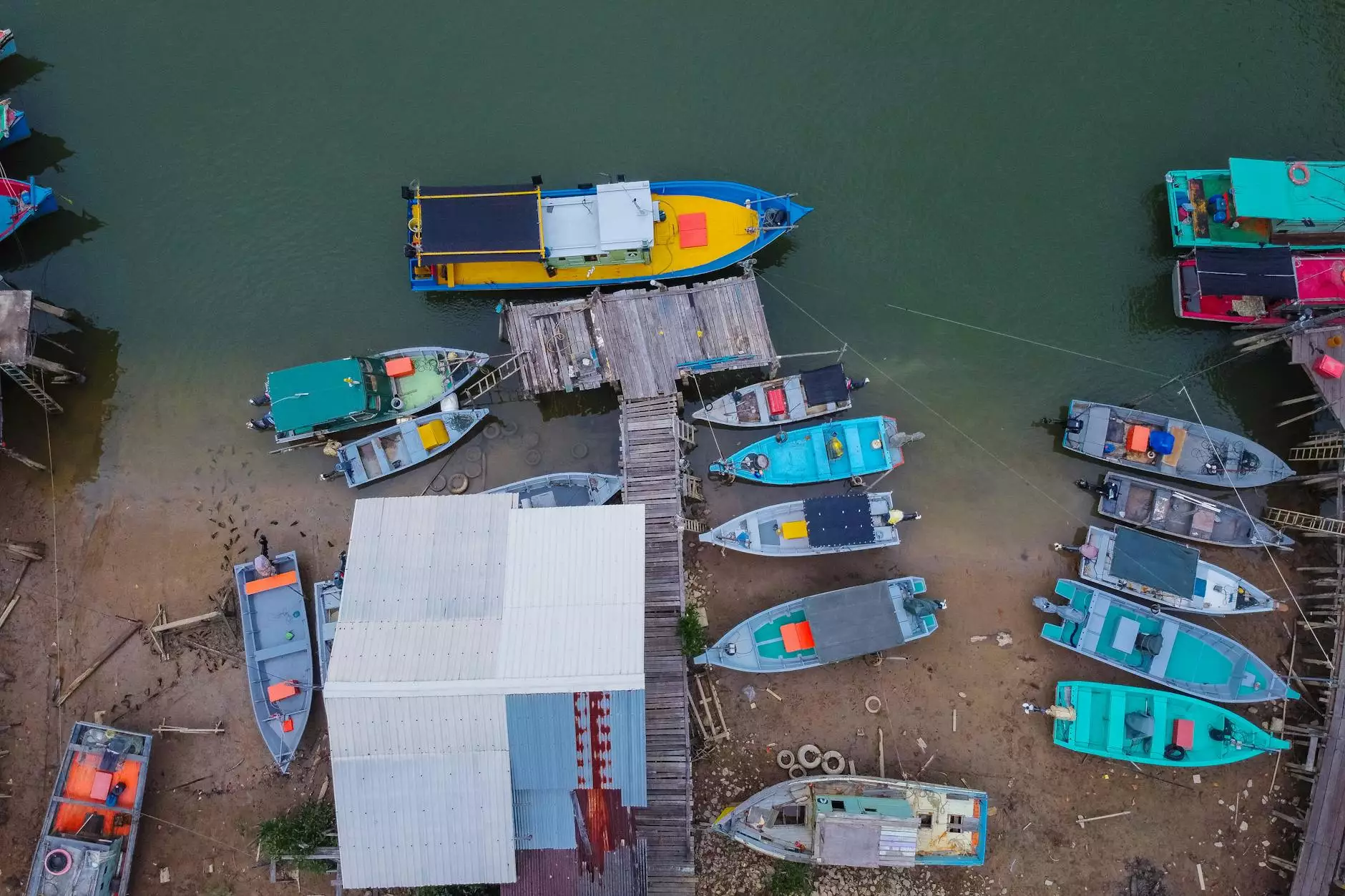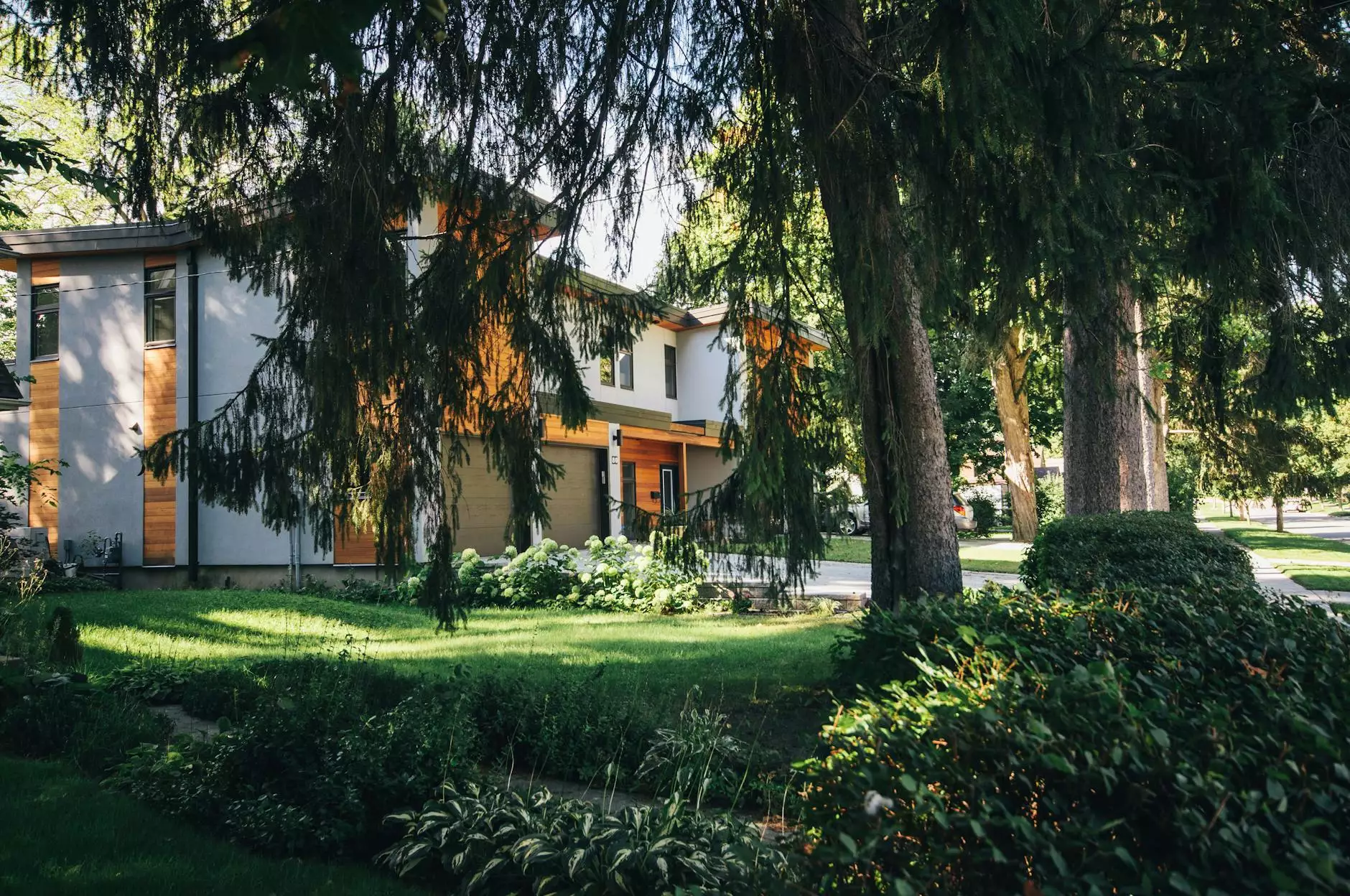Hurricane Preparedness Guide: Staying Ahead of the Storm
Home Buying Tips
Welcome to the comprehensive Hurricane Preparedness Guide provided by Lynn Savits from Coldwell Banker. With years of experience in the real estate industry, Lynn understands the importance of staying informed and prepared when it comes to hurricanes. Here, you'll find detailed information on how to protect your property and ensure the safety of your loved ones during a hurricane.
Understanding Hurricanes
Before we delve into preparedness tips and strategies, it's crucial to understand the nature of hurricanes. Hurricanes are intense tropical storms characterized by strong winds, heavy rainfall, and storm surges. They can cause significant damage to homes, infrastructure, and pose a threat to human lives.
The Importance of Preparedness
Being prepared for a hurricane is essential to minimize property damage, prevent injuries, and increase overall safety during such events. Here are some key reasons why preparedness matters:
- Protection of Property: By taking preventive measures, you can safeguard your home, valuable possessions, and investments.
- Lives at Stake: Prioritizing preparedness can save lives. Proper planning and communication can help ensure the safety of your loved ones and neighbors.
- Peace of Mind: When you know you've taken the necessary steps, you can feel more confident and at ease during a hurricane.
Hurricane Preparedness Checklist
Now that we recognize the importance of preparedness, let's dive into our comprehensive hurricane preparedness checklist:
1. Stay Informed
Keep track of weather updates and stay informed about potential hurricanes. Sign up for local emergency alerts and monitor trusted weather sources. Stay updated on evacuation routes, emergency shelters, and local safety guidelines.
2. Develop a Family Emergency Plan
Create an emergency plan that includes communication strategies, evacuation routes, and meeting points. Ensure every family member understands their roles and responsibilities during a hurricane. Practice the plan regularly to familiarize everyone with the process.
3. Prepare an Emergency Kit
Assemble an emergency kit with essential supplies such as non-perishable food, water, medications, flashlights, batteries, first aid supplies, important documents, and cash. Ensure you have enough supplies to sustain your family for at least 72 hours.
4. Protect Your Property
Take proactive measures to protect your property from potential hurricane damage:
- Secure Windows and Doors: Reinforce windows with storm shutters or plywood. Install impact-resistant doors.
- Clear Outdoor Areas: Remove loose objects and trim trees to minimize potential flying debris.
- Secure Roof: Inspect and repair any loose or damaged shingles.
- Elevate Valuables: Store important belongings and documents in waterproof containers on higher levels.
- Backup Power: Consider investing in a generator to provide electricity during power outages.
5. Evacuation Planning
If authorities issue evacuation orders, follow them promptly. Develop an evacuation plan that includes transportation arrangements, accommodation options, and arrangements for pets if applicable. Keep a list of important contacts handy.
6. Insurance Coverage
Review your insurance policies to ensure adequate coverage for hurricane-related damages. Consult with your insurance agent to understand the extent of your coverage and consider additional policies if necessary.
Contact Lynn Savits - Coldwell Banker for Expert Advice
For professional guidance and insights on safeguarding your home and property during a hurricane, Lynn Savits from Coldwell Banker is here to help. With her extensive experience in the real estate industry and deep knowledge of hurricane preparedness, she can provide you with valuable advice tailored to your specific needs.
Don't leave your safety and property to chance. Contact Lynn Savits today to schedule a consultation and ensure you're well-prepared for hurricane season.









